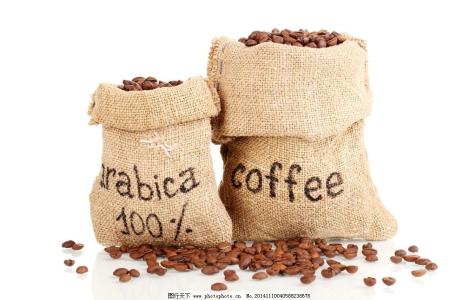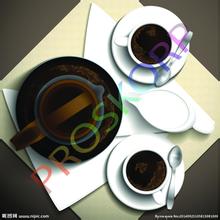What is the main impact of the three waves in the development of coffee products
What are the three major waves of coffee product development
Another version is that in the mid-13th century there was a Muslim named Sheikh Omar who was suspected of witchcraft and was banished to Mocha, a desert area in Yemen. He had no food or water on him. He happened to see a bird nibbling coffee red fruit. He also went to taste it. It didn't taste very good. It had a bitter taste. So he tried to improve its taste with roasted beans. He collected water to boil the roasted beans. It became our coffee solution. With this coffee alone, he persisted to the place where people smoked. People regarded this as a miracle, calling coffee a "magic potion". The Muslim was invited back to the original mosque and offered as a local holy man (similar to Buddha). Coffee was also discovered as the "holy water" of local Muslims and spread.
In the 15th century, the hand grinder was invented and has since been perfected in many places. Voice-over, a major improvement in barbed wire was achieved through a hand-operated bean grinder.
Freeman is extremely demanding about the origin of coffee beans, and the record of origin is extremely detailed. They stick to beans that are roasted for less than 48 hours, use organic beans, claim "slow coffee" that takes five minutes per cup, and commit to single origin coffee. Only after painstaking roasting can coffee beans fully release the subtle aromas and flavors that can be described by terms such as bean sprouts, dried bananas and licorice. In Freeman's life, his frames of reference are Proust, Mozart, stereo equipment in the early 1970s, and Japanese coffee equipment in the 1920s. The ultimate pursuit of coffee is all about "unnecessary beauty" and willingness to work hard for it. And that seems to be a common trait among the good coffee people in the third wave of coffee.

Important Notice :
前街咖啡 FrontStreet Coffee has moved to new addredd:
FrontStreet Coffee Address: 315,Donghua East Road,GuangZhou
Tel:020 38364473
- Prev

Coffee is so popular, thanks entirely to the popularity of coffee years
The reason why coffee is so popular is entirely due to the popularity of coffee. The earliest coffee machine should have been born in the royal family. When Louis XIV began to have coffee machines, it can be seen that coffee was originally enjoyed by nobles. When Louis XV was in that dynasty, coffee machines began to be popular all over Europe. Coffee was also changed from being enjoyed by nobles.
- Next

Introduction to the instructions for the use of the siphon pot the grinding skills of coffee
Introduction to the instructions for the use of coffee in the siphon pot. 1. There are no other odor items in the refrigerator. This is mainly because coffee is a good flavor absorbent, which will absorb other flavors as well as the attractive smell of coffee. If there are other foods with too strong flavor in the refrigerator, such as kimchi, the taste of coffee is bound to be affected. 2. Coffee beans
Related
- What brand of black coffee is the most authentic and delicious? what are the characteristics of the flavor of the authentic Rose Summer Black Coffee?
- Introduction to the principle and characteristics of the correct use of mocha pot A detailed course of mocha pot brewing coffee is described in five steps.
- Which is better, decaf or regular coffee? how is decaf made?
- How much is a bag of four cat coffee?
- How about four Cat Coffee or Nestle Coffee? why is it a cheap scam?
- Which is better, Yunnan four Cats Coffee or Nestle Coffee? How about cat coffee? is it a fake scam? why is it so cheap?
- How about Cat Coffee? what grade is a hoax? which instant coffee tastes better, four Cat Coffee, Nestle Coffee or G7 coffee?
- Process flow chart of coffee making-Starbucks coffee making process what coffee tastes good at Starbucks
- The top ten best coffee beans in the world Rose summer coffee or Tanzanian coffee tastes good
- Yunnan four cat coffee is good to drink?_four cat coffee is a big brand? four cat blue mountain coffee is fake?

